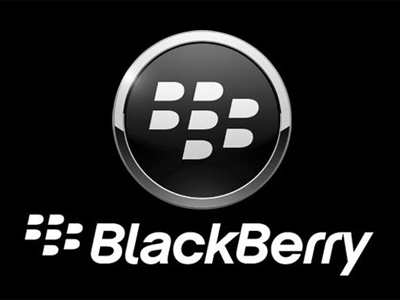BBM for Android and iPhone Not Launching This Week
It's been a bit of a bumpy road to BBM on all platforms.
Poor BlackBerry. Though the company announced major layoffs on Friday afternoon, things were supposed to look up on the weekend with the release of BBM for iOS and Android. Though the iOS roll-out started as planned, it was soon halted, and the Android roll-out never got off the ground at all. BlackBerry said that an unreleased version of the BBM for Android app that leaked early "caused issues" and that it would keep users posted on a release.
Unfortunately, it seems that release won't be anytime soon. Andrew Bocking, head of BBM at BlackBerry, has said he doesn't anticipate launching BBM for Android this week. Bocking says that the unreleased version of BBM for Android was an older version and that it contained an issue that resulted in higher than normal data traffic for each active user. This in turn impacted the system after one million people downloaded the unofficial app. The Saturday version addressed these issues, but BlackBerry wouldn't be able to block the users of the unreleased version if the new, official release was launched.
Bocking says there's a team working on blocking the unreleased version when the official BBM for Android app goes live and reinforcing the system so that something like this doesn't happen again in the future. The moral of the story is that good things come to those who wait. And we're going to be waiting a while. Unfortunately, Bocking didn't mention how or why this affects the launch of the BBM for iPhone application, just that it had to be paused as a result of the issue with Android, so it looks like iPhone users are going to be waiting too.
Follow Jane McEntegart @JaneMcEntegart. Follow us @tomshardware, on Facebook and on Google+.
Get Tom's Hardware's best news and in-depth reviews, straight to your inbox.

Jane McEntegart is a writer, editor, and marketing communications professional with 17 years of experience in the technology industry. She has written about a wide range of technology topics, including smartphones, tablets, and game consoles. Her articles have been published in Tom's Guide, Tom's Hardware, MobileSyrup, and Edge Up.
-
rkthe One of the laid-off engineers probably posted the older version of the app knowing that it would cause the issueReply -
i don't think the older version causing the problem, the problem is their server and system can't handle the traffic, and they don't know what to do :DReply
-
agnickolov It's quite simple really. This is a service, not a standalone application. Therefore they need to block the leaked build so it does not impact legitimate users. Still, I'd imagine redirecting IP traffic, changing a DNS name and a few small fixes should suffice and not cause a significant delay... If the traffic is encrypted, a simple revocation of a crypto key should suffice even.Reply -
rdc85 I agree with Izman Quaasalmy. I really doubt the beta apps is the problems...Reply
They also do not released bbm for android on time where android supposed get first before ios (for "whatever" reason), so people start looking for those beta apps..
IMO there a bigger scheme of this (not in a good way) -
genz Izman and rdc are obviously quite dumb.Reply
When you make an application with 8 million current users, you always have the power to take on 10. When you open it up to over 200million additional customers, you should account for at least 50m, but if there is a pirate copy out there that means that one user takes up two or five worth of bandwidth, suddenly your previous capacity ot take on 42million new customers is reduced to taking on 8.5m new customers, far too little.
It's also incredibly likely that a pre-release system uses 5 or more times the bandwidth, as the debug data has to be communicated somehow and modifying the phone itself to JTAG or display debug data has the potential to hide, disguise, or entirely bypass the source of the bug or the bug itself.
If you have a number of closed platforms to test the hardware on, the last thing you should do is modify the test platform to record the data. No, you should have the data remotely forwarded to another source via a commonly used data route. With PCs it used to be Serial Ports, and now it's sometimes Ethernet sometimes USB. With a phone it has to be wireless, bluetooth or USB, and I suppose they chose wireless to-the-server debugging.
